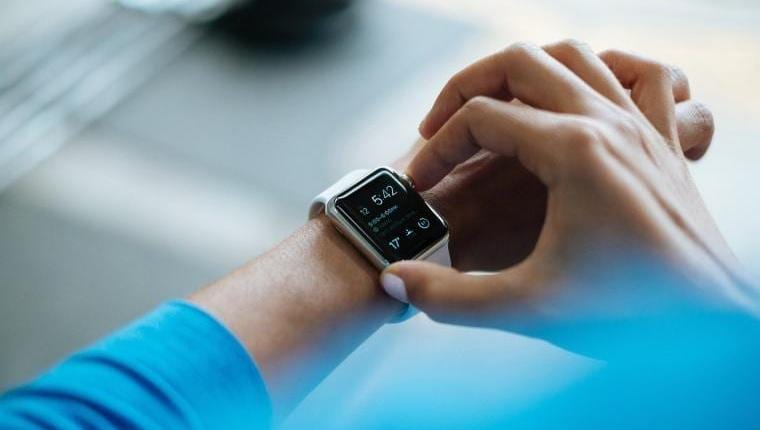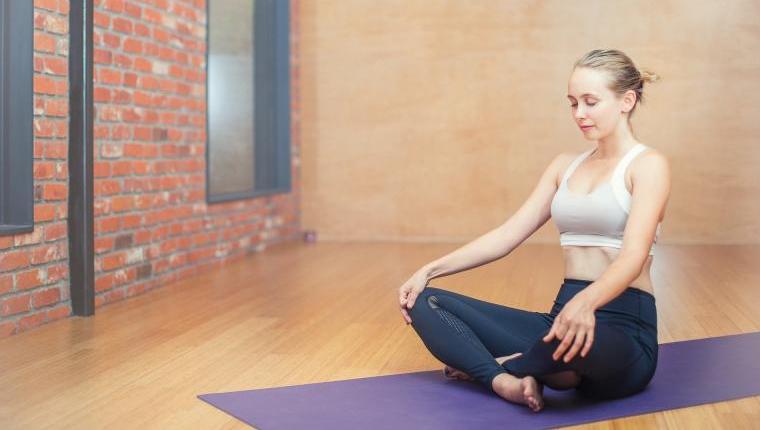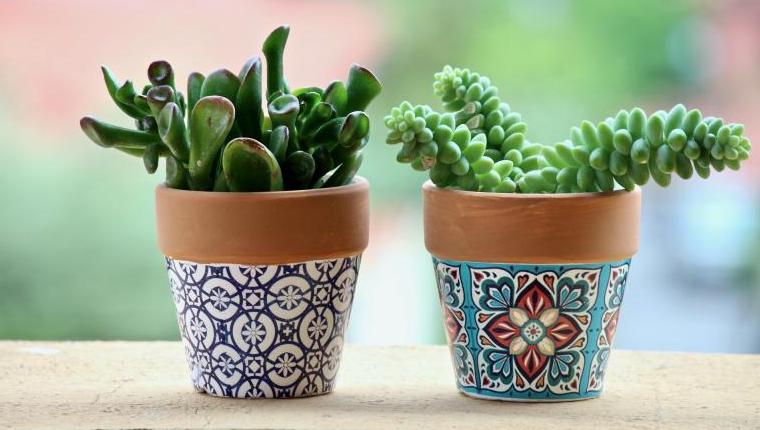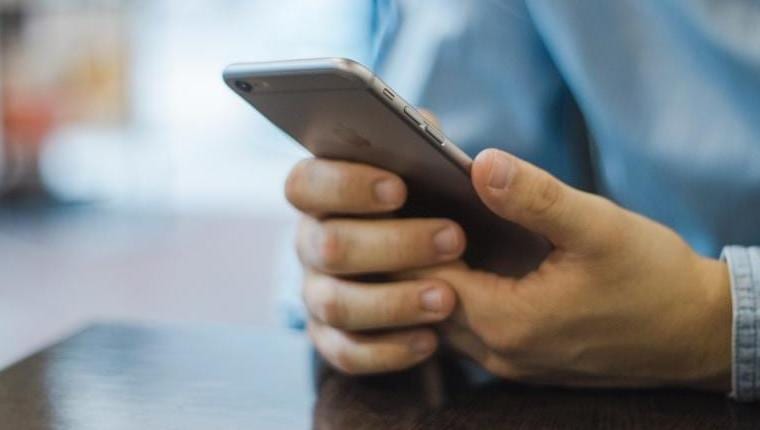The unprecedented global impact of COVID-19 is affecting us all in different ways. Whether it’s the stress of loneliness, specific fears about health or money, compounding family and work pressures or a general sense of dread about the uncertainty we face, anxiety levels are soaring. While fear is a natural response, prolonged anxiety is unhealthy and counterproductive for us both individually and collectively. It’s more important than ever that we find ways to prioritise and protect our own mental health, for the sake of those around us as well as for ourselves.
Although the situation is in many ways wildly beyond our control, there is still a great deal we can do for our own mental and emotional health. Here’s a practical checklist to help you maintain a healthy mind in these strange times.
1. Limit your news consumption. How much do you really need to know?
Some of us enjoy and benefit from feeling informed and up to speed on current events, but for many of us the constant barrage of negativity can profoundly affect our mood and exacerbate anxiety. Pay close attention to how your news consumption is affecting you, and set limits where necessary to protect your mental health.
2. Focus your attention on what is happening right now.

With all the uncertainty surrounding this pandemic it’s easy to imagine worst-case scenarios. While forward planning and risk mitigation is obviously needed, dwelling on possible future realities is rarely productive. Each time you notice yourself imagining a catastrophic future scenario, use it as a reminder to come back to your senses, literally. Right here, right now, what do you see, hear and feel? This moment is all we really have, and it’s best to try and be here as often as we can.
3. Remember that your thoughts are just thoughts.

Experts estimate that our minds produce between 60,000 and 80,000 thoughts every day, and we have an evolutionary bias which makes us far more likely to focus on the negative ones. If we can remember that we are producing our own thoughts, we can begin to question whether they are worth taking seriously. Learning to observe our thoughts in this detached way can be a profound first step towards overcoming anxiety.
4. Schedule your time.

Most of us have found our “normal” lives disrupted beyond recognition, and this lack of routine and consistency can be a breeding ground for anxiety and rumination. Rather than wasting time pointlessly worrying about things you can’t control, instead put your energy and focus into using your time well. Writing out a schedule and displaying it somewhere visible can be a great way to regain some sense of control, and to make sure you’re still getting quality time for yourself.
5. When strong emotions arise, do your best to observe them, name them, and pay attention the physical sensations you are experiencing.

If you can pause and observe emotions before immediately acting on them, their power is often drastically reduced and you can avoid entering a downward spiral. Try to pay more attention to the strength and location of the feeling itself than to whatever triggered it, and it’s likely to fade more quickly.
6. Pay attention to the natural rise and fall of your moods, and try to pay less attention to your thinking when you feel down.

In a low mood, your mind will see things through a lens of negativity and will find it difficult to produce positive thoughts. Once the mood lifts (which it will, eventually), fresh perspectives and creative solutions will start to present themselves. Journalling is a great way to keep track of your thoughts and feelings, observe them objectively and notice how your perspective can change from day to day.
7. Find an exercise routine that makes you feel good.

A bit of vigorous exercise can be a fantastic way to combat anxiety. It releases tension, produces feel-good hormones and gets you out of your head and back into your body. Find an exercise routine that you enjoy and add it to your schedule.
8. Breathe deeply and slowly. Try breathing exercises, yoga or meditation.

When we are anxious we tend to forget to breathe properly, which then makes us feel more tense. Practising some simple breathing exercises, yoga or meditation can have a profound effect on our anxiety levels through slowing down our breathing, bringing our attention away from repetitive thoughts and situating us back in our bodies. Check out breathing exercises and yoga videos on YouTube, and mindfulness meditation apps such as Headspace and Calm.
9. Get into nature.

Intentionally spending time in nature is a wonderful way to reduce anxiety. Find new and creative ways to immerse yourself in nature, even if right now your only options are caring for a houseplant or watching nature documentaries.
10. Practise gratitude, and find a new perspective.

This sounds trite, but regularly seeking out things to be thankful for can radically shift your outlook on life. Even in the worst situations, there is usually a positive angle to be found somewhere. Try writing down 5 things each day you feel truly thankful for. What would you miss if it was no longer there? And are there things you are currently deprived of that you could perhaps decide to appreciate more in future?
11. Look for opportunities for meaningful connection and creativity.

Coronavirus has disrupted the status quo more than anything in recent history. While never seeking to diminish the tragic reality of human suffering and loss, for many of us this situation will present invitations for deepened connection and creativity. If we allow ourselves to think outside the box, what opportunities might be found here?
12. Remember that nothing lasts forever.

As all-consuming and inescapable as this feels right now, we will one day be on the other side of it – hopefully having learned a few valuable lessons along the way.
If you are struggling at this time, BetterHelp is great online counseling platform that gives you access to a counselor any time, anywhere via online chat, video or phone. As a more affordable and more flexible option than traditional counseling it’s a valuable resource for this time we find ourselves in.
Images via Pixabay

















